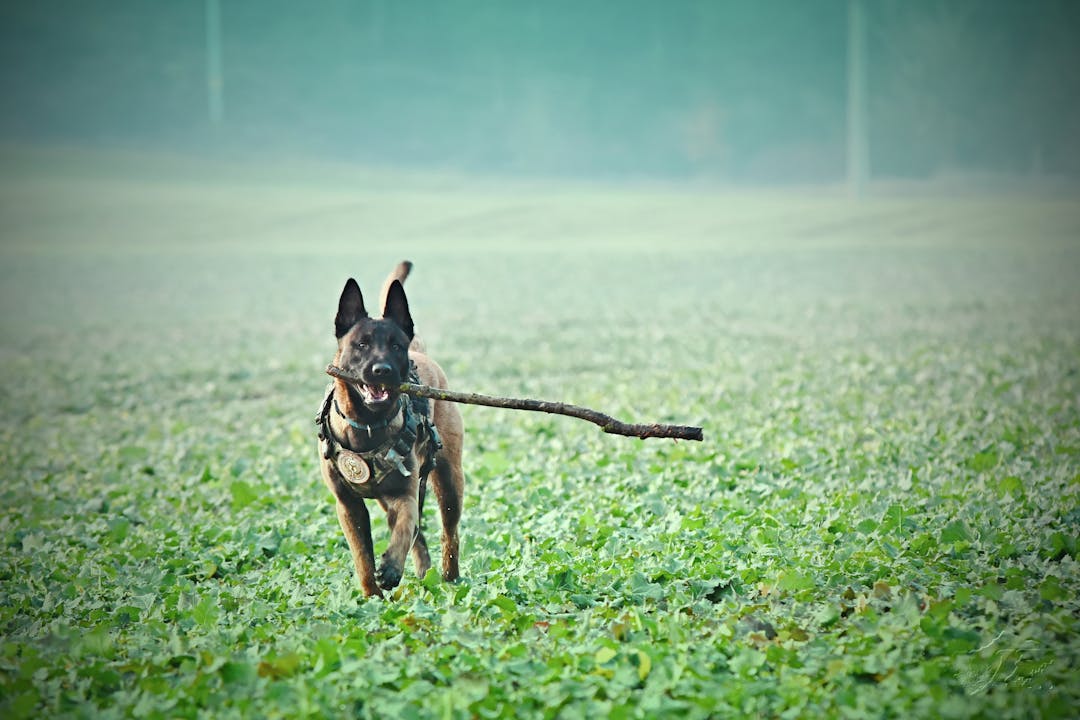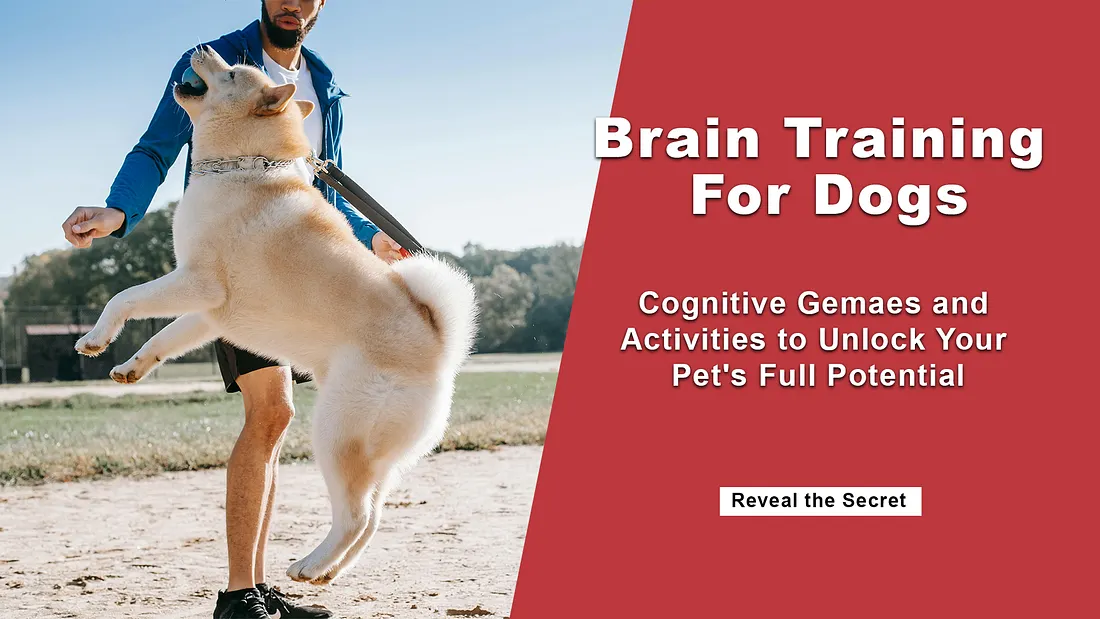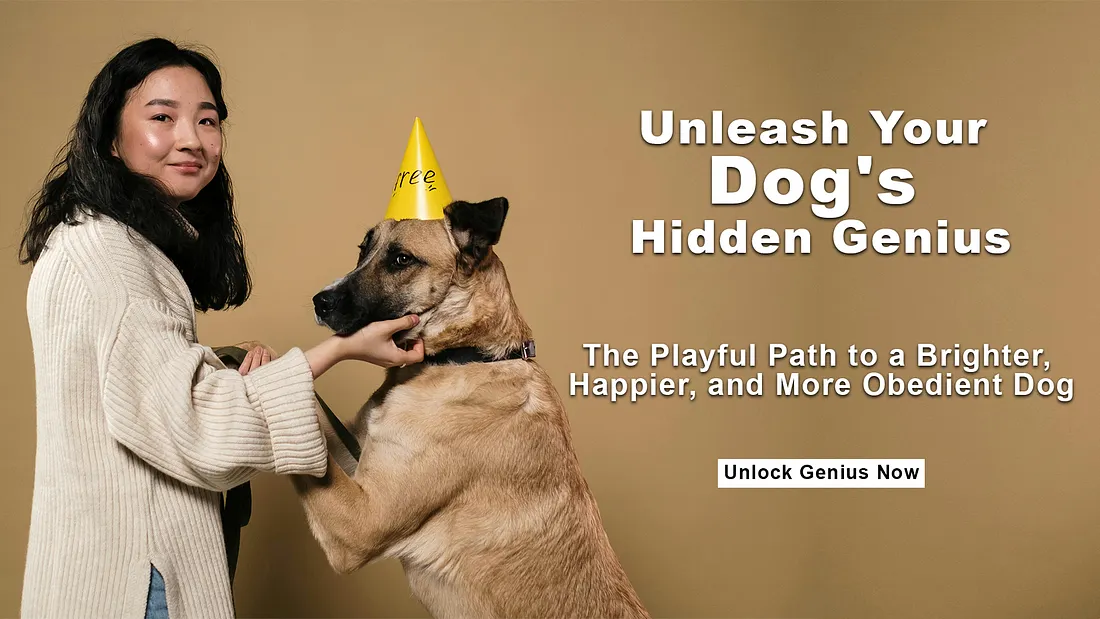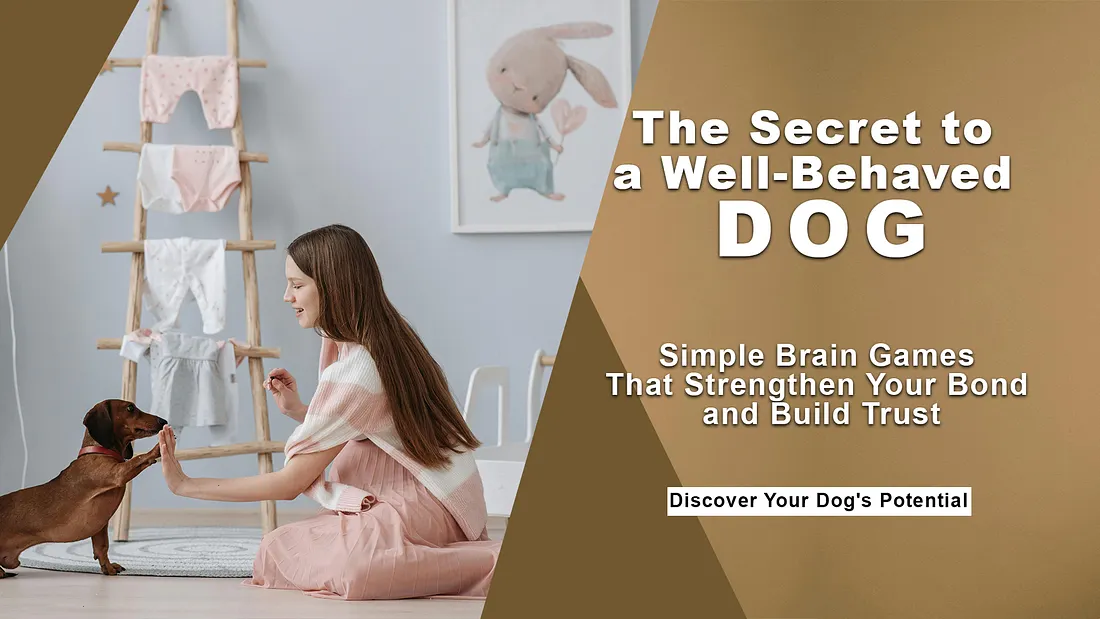Building a Better Bond: Trusted Dog Trainers Near You
Improve Your Dog’s Annoying Habits with Engaging Games
Those annoying habits we often see – lunging at guests, barking excessively, tugging on the leash, you name it – often stem from not getting enough exercise, under-stimulation, or a misunderstanding of what you expect. Playful training can change that!
- Got a dog that jumps for joy when guests arrive? Turn fetch into a jumping redirect.
- When guests arrive, right as your dog starts to get excited, send them on a “mission” to fetch a favorite toy.
- Give them lots of attention and have your guest pet them once they bring the toy.
Dog Training Apprenticeship: Is your pup more “ruff” around the edges than refined? Are you craving a better-behaved canine companion? The right dog trainer can make all the difference! Let’s break down how to discover the best dog training resources in your local area. Here we will discuss all the keywords like Dog Training Internship and Dog Behavior Ears Back.
Why Dog Training Matters: Safety, Behavior, and Bonding
Dog training isn’t just about fancy tricks. It’s about improving your dog’s behavior :
- Stronger Bond: Obedience practice builds trust and deepens your relationship with your dog.
- Less Anxious Dog: A properly trained dog is less likely to run off, have altercations, or exhibit risky behaviors.
- Happier Household: Training helps with problems like excessive barking, destructive behavior, and indoor mishaps.
Methods of Dog Training Styles
There’s more than one way to teach an old dog new tricks! Here are some common training options:
- Obedience Classes: These cover essential commands like “sit”, “stay”, and “come”, walking politely on a leash, and socialization. These classes are perfect for puppies and dogs new to training.
- Private Training: These sessions address specific behavioral issues or advanced training goals.
- Immersive training programs: Your dog lives with the trainer for intensive training over a few weeks.
- Specialized training: This includes agility training, nose work, or guard dog training.
Choosing the Right Dog Trainer
Avoid simply choosing any random name you come across online. Inquire about the meaning behind it where it comes from any stories associated with it :
- Are their methods based on modern techniques versus older, punishment-based techniques?
- Certifications: Look for credentials like CPDT-KA, which demonstrate professional knowledge.
- Do they have experience with your dog’s breed, age, and specific challenges?
- References: Can they provide client references?
The Key to a Relaxed, Responsive, Fulfilled Dog
Everyone desires a dog that’s well-behaved and by our side. But behind every obedient, well-adjusted dog isn’t just strict training, but also a dog that is mentally engaged, physically active, and has a strong bond with its human.
Finds solutions for all three :
- Pups, just like humans, need to exercise their brains! Engaging in games encourages them to find creative solutions. This cognitive exercise helps prevent boredom, which might cause negative behaviors.
- A tired dog is usually a well-behaved dog. Including physical exercise during your playtime creates a healthy routine and allows them to release their energy in a controlled setting.
- Nothing strengthens the owner-dog relationship like fun! Quality playtime fosters positive interactions, builds trust, and gives you insight into your dog’s personality and communication style.
Tap into Your Dog’s Best Behavior with Engaging Brain Games
The best games utilize your dog’s natural instincts. Here are a couple of engaging brain games to boost your training:
- The “Find It” Game: Hide treats or a favorite toy in simple boxes or under towels. Let your pup unleash their inner detective to locate the prize. Start easy and gradually increase the difficulty as they get the hang of it!
- The Shell Game: Ideal for honing concentration and building impulse control. Set up three upside-down cups (non-transparent). Hide a treat under one, then shuffle them around, encouraging your dog to guess which cup hides the reward.
- Puzzle Toys: Invest in interactive puzzles that make your dog earn its snacks. These mentally engaging toys provide entertainment for your furry friend while enhancing their problem-solving abilities.
Struggling with your dog’s barking? This proven training system is the solution you need.
The best dog training doesn’t feel like a chore for either of you. Play-based training improves the whole experience with these key benefits:
- Increases Motivation: Dogs, similar to children, learn more quickly when it’s pleasurable!
- Improves Recall: Games like fetch or an amped-up version of hide-and-seek naturally make your dog want to come back to you, building excellent recall.
- Builds Confidence: Completing tasks through play, though seemingly simple ones, builds positive associations and gives your dog a sense of pride.
- Reduces Stress: For both you and your dog! Play is a natural stress reliever, and the positive reinforcement approach reduces the frustration that can come with training.
End Struggling with Your Dog: Teach Through Play
If you’re frustrated with the classic “sit,” “stay,” and “heel” training, it’s time to consider play. Remember, dogs don’t speak our language – they learn through repetition and actions. Games break difficult tasks down into playful steps, helping them have fun and succeed without pressure.
Here is how to incorporate games into basic training:
- Don’t physically maneuver your dog into a seat, simply hold a treat above their head. As they naturally raise their head to reach it, guide it back so they naturally sit down. Immediately reward them with praise! Now, you can add a verbal “sit” cue as the action happens. Play a similar game by lifting a paw for “shake.”
- Instead of focusing on a motionless “stay”, turn “stay” into an active game. Have your dog stay in a sit for a short time, then toss a toy a short distance. Release them with a “fetch it!” command and reward them for coming back to you instead of running after the toy forever. Gradually make the “stay” longer.
- Instead of struggling with the leash, turn your walk into a playful “follow the leader”. Change speeds suddenly, walk in circles, and switch directions unexpectedly. Reward your dog for staying by your side. Add in a verbal “heel” cue as they keep up with you.
Dog Training Apprenticeship
Want a smarter, healthier, well-trained dog?
There’s not any magic pill for a perfectly behaved dog. However, regularly making time for interactive, playful training sessions is the closest thing to it. You’ll observe the benefits extend beyond just the specific commands you teach.:
- Improved Cognitive Function: Mentally challenged dogs become more adept at problem-solving in situations beyond their training. This makes them less likely to get into trouble out of boredom!
- A Boost in Self-Esteem: A dog who knows playful “tricks” and excels during training feels more confident in their own abilities and their relationship with you.
- Better Overall Fitness: Active play is essential for maintaining a dog’s ideal weight and helps alleviate arthritis and other ailments associated with a sedentary lifestyle.
- Reduced Stress: A well-exercised, mentally stimulated dog is less prone to stress and stress-related behaviors.
An Unexpected Method to Strengthen Your Bond with Your Dog
The time you dedicate to playful training is more than just getting the results; it’s an investment in the most important thing – your relationship. Dogs thrive on positive attention and shared experiences. Play checks both boxes and makes you your dog’s favorite source of fun.
- Learn Your Dog’s Language: By playing, you will better understand what they like and dislike, and how they express themselves.
- Does a tail wag with a tucked rear mean fear instead of pure joy? Play gives you a window into their world.
- Mutual Respect: Play-based training eliminates harsh corrections and emphasizes positive reinforcement. Your dog will see you as a source of joy, not just someone giving orders.
Things to Look Out For to Be Aware Of
- Trainers claiming quick results
- Those who rely on punishment
- Anyone who refuses to let you observe a session
- Trainers who push you towards high-priced plans upfront
Local Dog Obedience Resources
- Ask your vet: They often have great recommendations.
- Visit local pet stores or animal shelters: They may provide training courses or recommendations.
- Do an online search: Look for “[your neighborhood] dog trainers”. Check out reviews on Google, Yelp, or similar sites.
- Join local dog groups: Social media or sites like Meetup.com can connect you to owners with trainer recommendations.
Keywords: Dog Training Internship, Dog Training Apprenticeship, and Dog Behavior Ears Back. Your location is near Brooklyn, New York, Kings, 11203.
Let the good times begin!
Keep in mind, play-based training is all about adapting and having a blast alongside your pup! Let your creativity run wild, make things silly, and celebrate every small success along the way. You might even find yourself rediscovering the simple joys of being a dog owner as your loyal companion blossoms into their most joyful and most well-behaved self.






